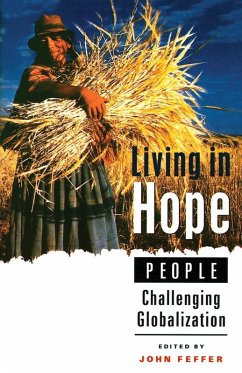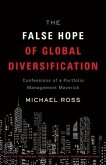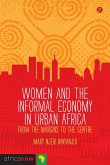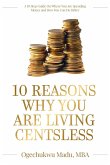This work tells the story of the response of ordinary people around the world to the "irreversible" juggernaut of the global economy - small farmers in Honduras, migrant workers in the Andes, urban poor in Bosnia, Cambodian woodcutters, Mexican textile workers, Korean NGO activists, Vietnamese goverment officials. Readers are shown attempts to create alternatives by those for whom globalization has no need. Their different responses share common features: meeting basic needs, making sustainable, culturally appropriate improvements to people's lives, and on the basis of active civic participation, solidarity and learning one from another. The book begins with a concise history of how the globalized economy came into being, what it means today, and the emerging challenges to this unprecedented concentration of power.
Bitte wählen Sie Ihr Anliegen aus.
Rechnungen
Retourenschein anfordern
Bestellstatus
Storno








